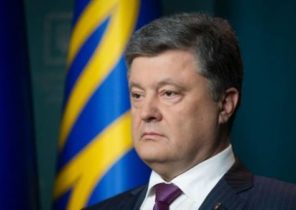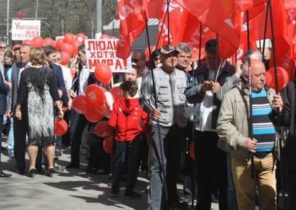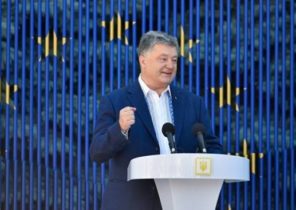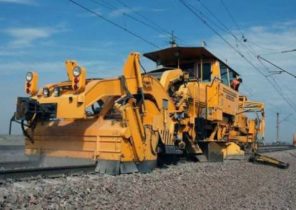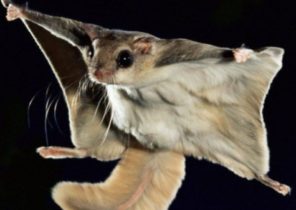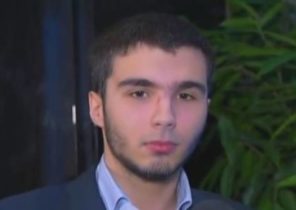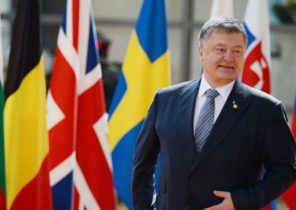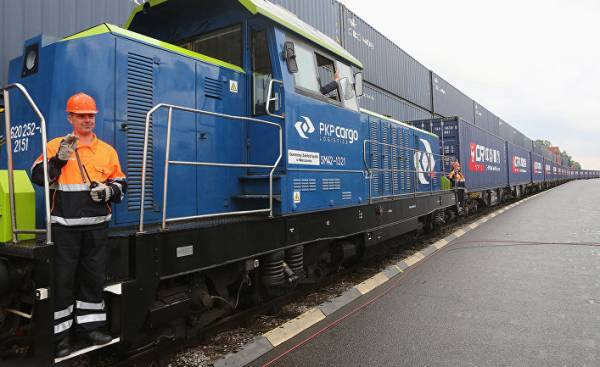
With the coming to power of XI Jinping’s four years ago, China experienced its third since the Maoist revolution of 1949 a rebirth.
The clearest evidence of that was recently organized by the Chinese President forum in Beijing, which drew representatives from nearly 70 countries and which was presented to the newly developed Chinese project silk road “One belt one road” (OBOR or).
OBOR relies on large-scale infrastructure development, which involves the construction of bridges, roads, Railways, tunnels, pipelines, and other related logistics operation, which aims to connect Europe and Asia.
In General, we are talking about the largest since the Marshall plan international infrastructure project. It not only reinforces China’s position as an economic superpower, but makes it the main engine and the center of the economic rise of Asia.
The first round of reforms in the country did not promise that China will become a superpower in its current form. With Mao Zedong in power, China has been trying to get rid of Imperial dynasties and to introduce a Communist regime with its characteristic features: the collectivization of property and the rural hozaistva, nationalization of the means of production and the suppression of private enterprise, economic and ideological xenophobia, as well as courses in autarky in its most isolated form.
The result of the efforts of state bureaucrats, faith in the infallibility of the Great Helmsman, Mao and the formation of a “new man” in the crucible of the cultural revolution were the millions of victims and dissidents — as well as the drain on the economy.
The second wave of transformation, which in 1978 was headed by Deng Xiaoping, China is bound to the graces of the United States, who offered to Beijing in the context of the cold war some of the benefits for its distancing from Moscow.
Thus, since 1979, China began to enjoy the status of “most favored nation” in trade with the United States. He began to position itself as a country that offers unique access to the world’s largest markets for buyers. Beijing has developed the first ever system of partnerships with foreign companies to promote investment of Chinese capital in infrastructure.
The Chinese artificially lower the money rate and the cost of production, and conducted aggressive business diplomacy. This model trade of the nation contributed to the “deep globalization” of the last 30 years, which has put China in the position of second largest economy in the world.
The third stage of reforms in the era of leadership of si and implementation of the project at OBOR, for reasons of external and internal nature.
The main external cause is the growing resistance of the external markets (mainly USA and Europe) continuing the growth of Chinese exports. In addition, in a world where jobs, apparently, are more important than profit, the attention that the Americans and Europeans give to the concept of local production, reduces the susceptibility of these markets to products that are “made in China”.
There are also internal factors. Beijing adopted a counter-cyclical policy has led to the structure in which the Chinese receive higher wages and consume more, and save and invest less.
Ultimately we are talking about reorganization in order to achieve a model in which China will develop slower, but maybe better. The fact is that a significant accumulation of surplus by the government and Chinese companies allows the country to increase the flow of investment in infrastructure in the private sphere of geo-economic influence, in the field of science and technology.
Slogans the third round of the Chinese reforms supports the idea of endogenous innovation and infrastructure of Eurasia. In this context, no one is surprised by the huge growth in China patented inventions.
The only question is whether such a desired series of innovations along with OBOR to continue to implement in a society where despite the undeniable progress, providing the country the status of an economic superpower, in terms of democracy, the air is very “sparse”.
